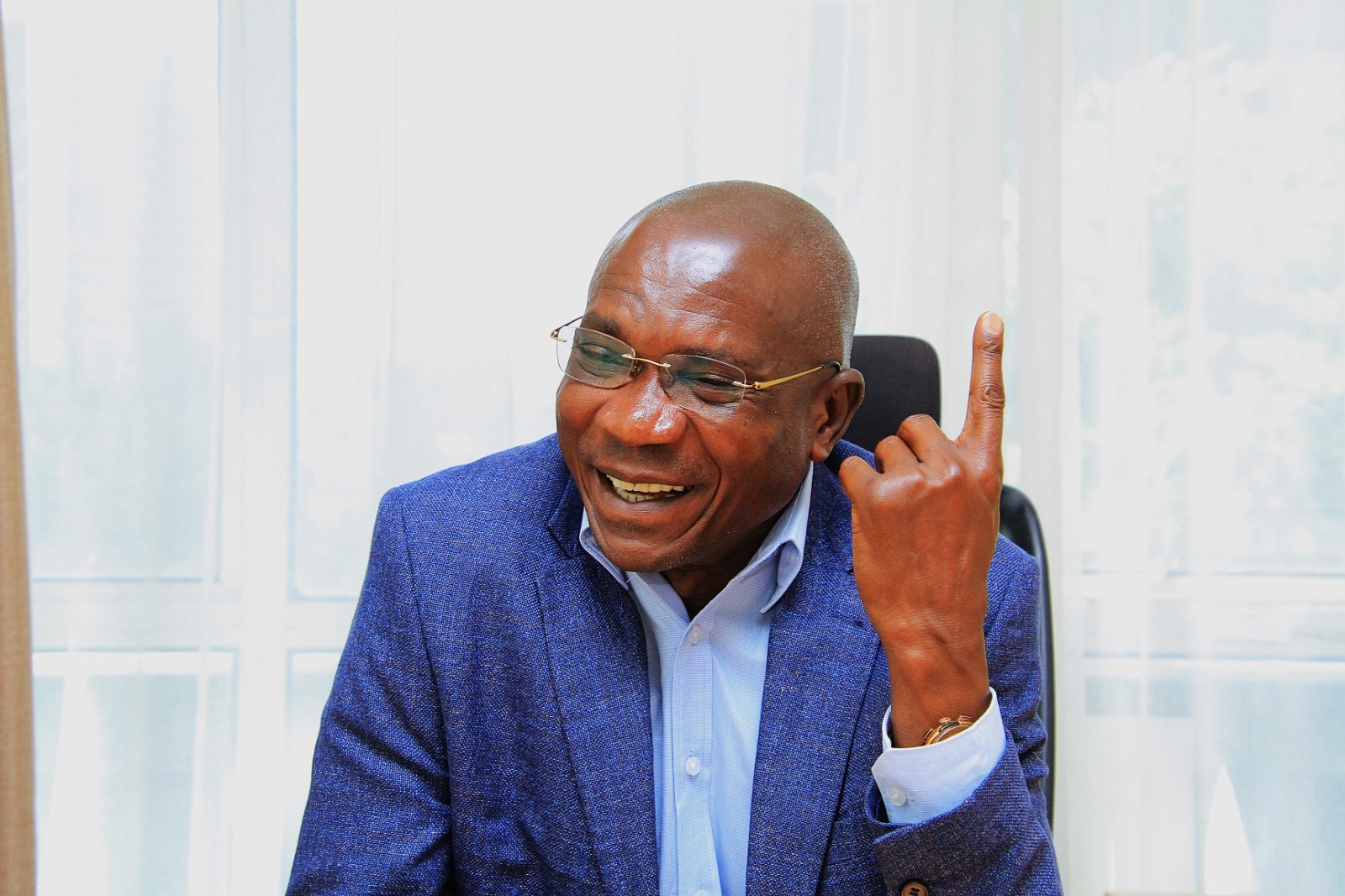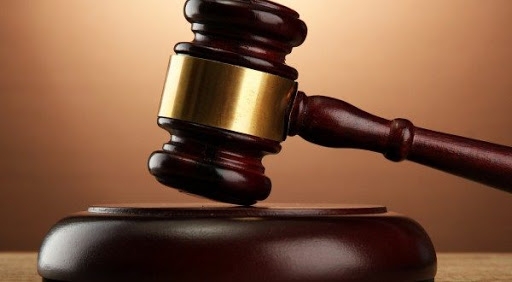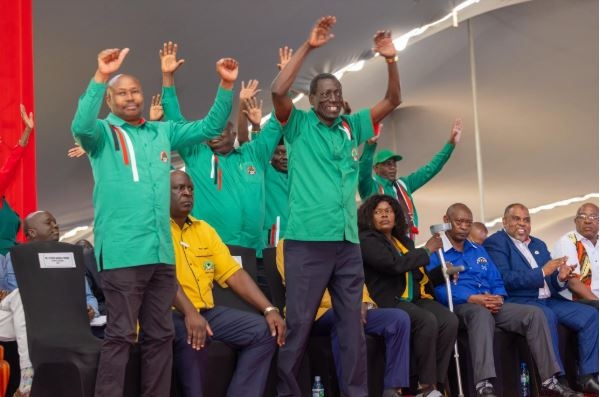This Friday, human rights defenders across the country are celebrating their own who have excelled in their efforts to promote and protect human rights in Kenya.
Through the Defenders Coalition and the Swedish embassy, individuals from the human rights fraternity, who have put their lives on the line to ensure justice for others, will be awarded.
This event is held every year to honour the good work but more importantly to appreciate the hard work that more often than not is rarely noticed and commonly loathed.
Even as we celebrate the best of Kenya’s defenders this week, the issue of mental wellness has come into sharp focus. It is becoming apparent, in many civil society organisations, that all is not well: Defenders are slowly but surely suffering serious mental illness, depression and burnout.
In many local and international human rights organisations, internal feuds have increased and staff are asking for time off to debrief and get away from their work-related stress. The sector is screaming for help and reaching out for a break.
The Covid-19 pandemic that has affected every facet of our lives did not spare civil society. Just like all the other sectors, jobs were lost, salary cuts were applied and the sector is struggling to find its feet again.
With dwindled financial opportunities, especially donor funding, many organisations completely closed shop as they could no longer meet operational costs. The result of this is a sector down on its knees with no relief in the offing. To this day, resources remain scarce and prospects far in between.
For the sector, the worst part is that it is also during this pandemic period when human rights violations have increased sharply. This means defenders are out there doing even more.
Across Kenya, they are responding to the cries of citizens suffering torture at the hands of the police and the wails of women battered in their homes. They certainly have no choice but to act swiftly and rescue the young girls and boys who are defiled and sodomised every other day. This is besides the increased extrajudicial killings and enforced disappearances.
The worsening human rights situation has, therefore, exacerbated the poor state of mental health for defenders. Depression has creeped in and many of them have broken down family relations as their social lives became non existent.
Marriages have broken down, parental care has lessened and conflicts at work places increased. In some cases, depression has even led to others giving up on activism due to the trauma and pressures of work that they have experienced day in day out in the line of duty.
Besides the above, Kenyans are alas, a thankless society. They never appreciate the efforts of anyone and always suspect and claim wrong doing.
Civil society in the country is also a victim of this treatment. Despite selfless efforts that even put the defenders lives at risk, Kenyans still find reasons to blame and make them feel unworthy. Social media is awash with accusations and made up allegations against the sector which remain unsubstantiated. All these put together have taken a toll on the defenders who are crying out for help.
It is now time for the defenders to be defended. Whether by themselves or by others, they must now act before they lose it. The time has come for every organisation, big or small, in urban or rural setting to reflect, review and recharge.
While defending Kenyans remains the clarion call, when the sector fails to take care of itself, it will eventually fail to take care of Kenyans. Therefore, it is pertinent to replenish the malnourished mind to enable effective service delivery of seeking justice for all.
The prevailing culture of prioritising others, silence, feelings of guilt and perceived stigma around mental health, has led many in the sector to continue working without seeking mental wellness.
Putting in place effective initiatives to counter this situation will metabolise service delivery while simultaneously catering for the psychological needs of human rights defenders.
As such, it is essential to create a trusted framework for psychosocial support for the sector and further their continued dedication of fighting for their communities’ rights.
















